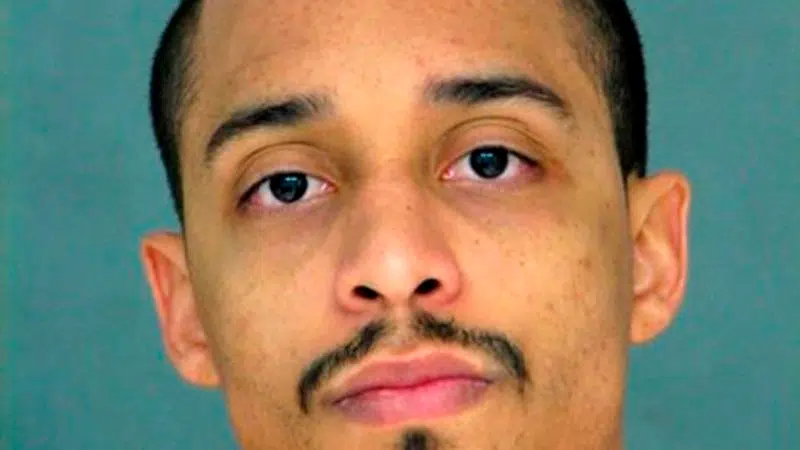
Inmate acquitted of guard’s slaying in Delaware prison riot
WILMINGTON, Del. — An inmate accused of leading a riot at Delaware’s maximum-security prison during which a guard was killed and other staffers taken hostage was acquitted of all charges Thursday and will soon be freed.
A jury deliberated about nine hours over two days before declaring Roman Shankaras, 32, not guilty of murder, assault, kidnapping, riot and conspiracy.
Shankaras recently completed a seven-year sentence for unrelated riot and robbery charges but has remained in pretrial custody on $2.8 million cash bail.


